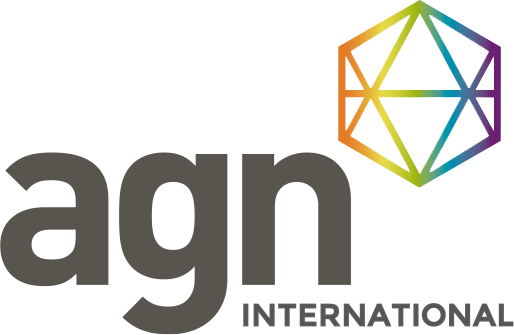What Changed in Section 1202 Under the OBBBA?
Effective July 5, 2025, the revised law updates three key areas:
- Shorter Holding Periods for Exclusions
Under the new law, gains on sales of Qualified Small Business Stock acquired after July 4, 2025, qualifies for tiered gain exclusions:
- 50% exclusion for QSBS held 3 years
- 75% exclusion for QSBS held 4 years
- 100% exclusion for QSBS held 5 or more years
Old Rule: Investors had to wait at least 5 years for any gain exclusion.
- Increased Cap on Gain Exclusions
Taxpayers can now exclude the greater of:
- $15 million, or
- 10× the taxpayer’s adjusted basis in the stock
Old Rule: The exclusion cap was $10 million or 10× the basis.
- Expanded Eligibility for Startups
The limit on a corporation’s assets at the time of QSBS issuance increased from:
- $50 million → $75 million
This means more emerging companies now qualify for QSBS treatment—broadening investment opportunities.


